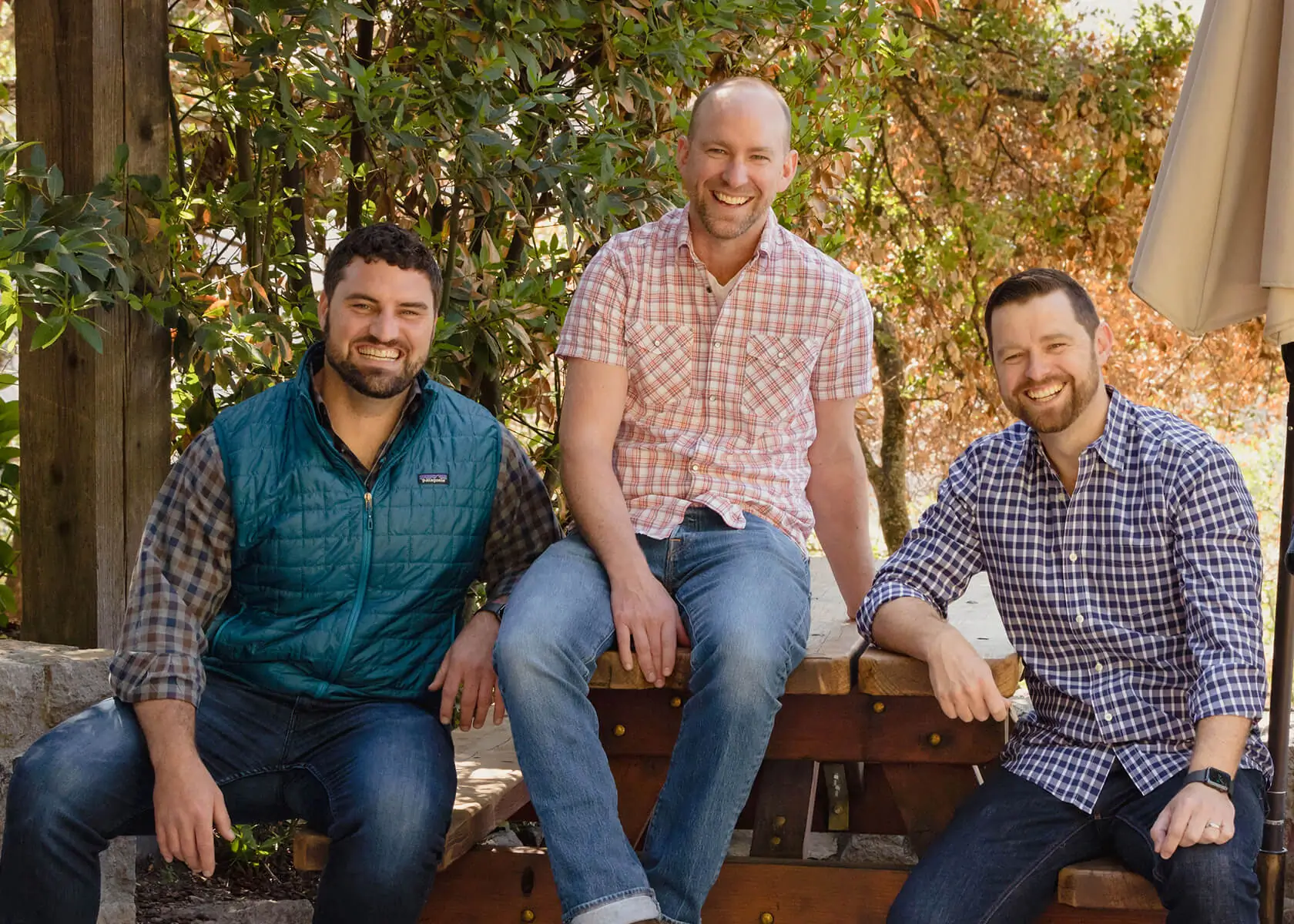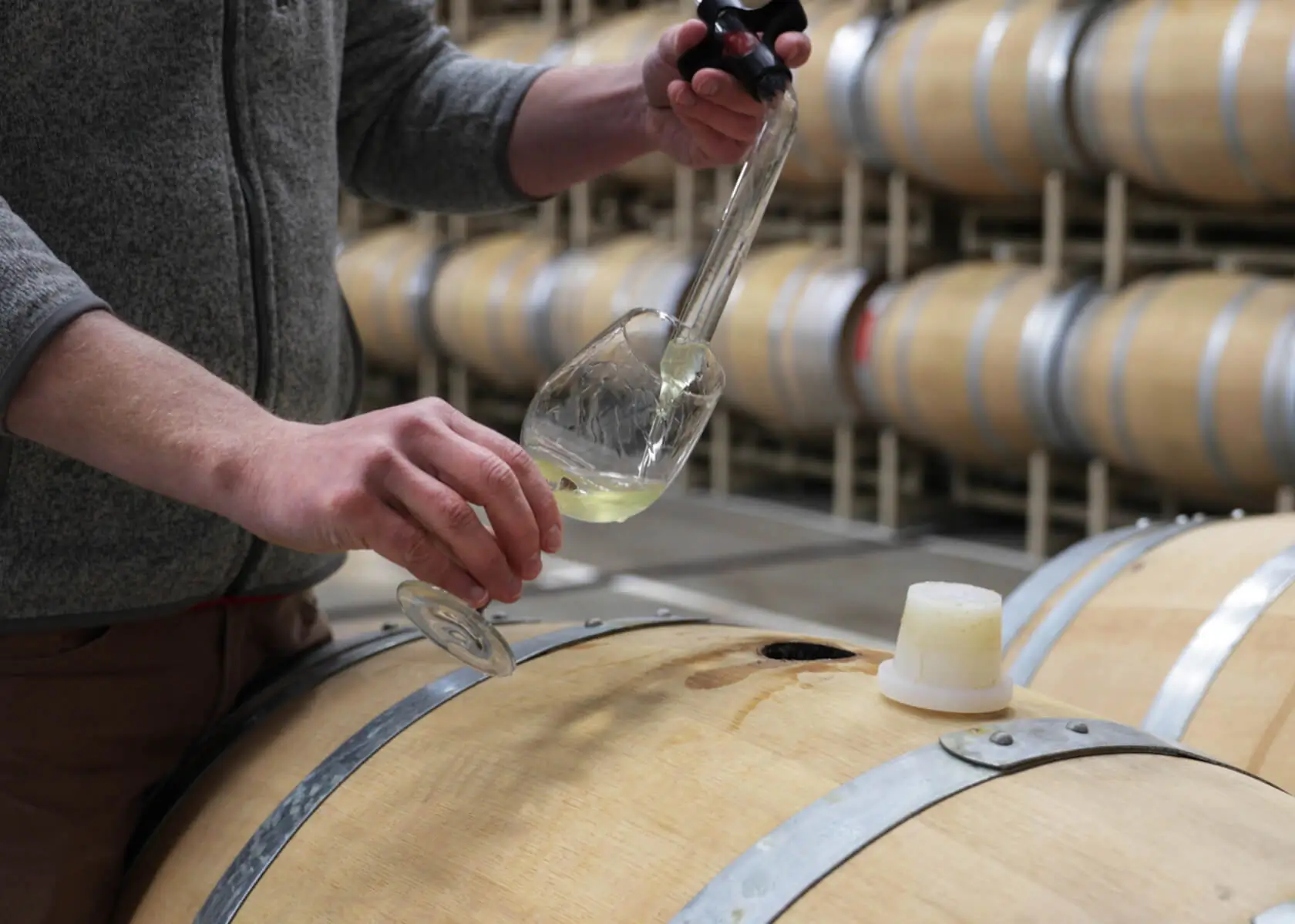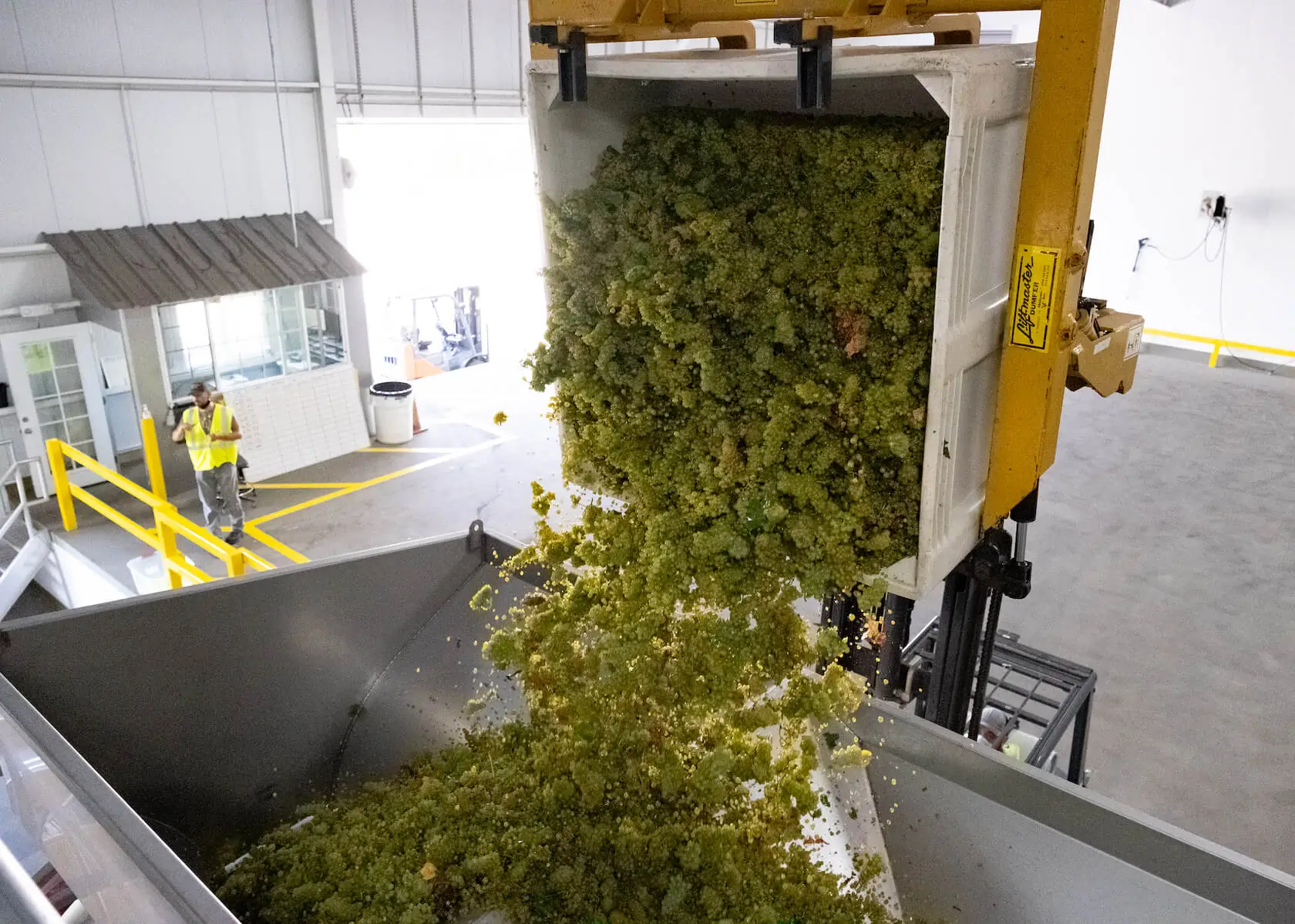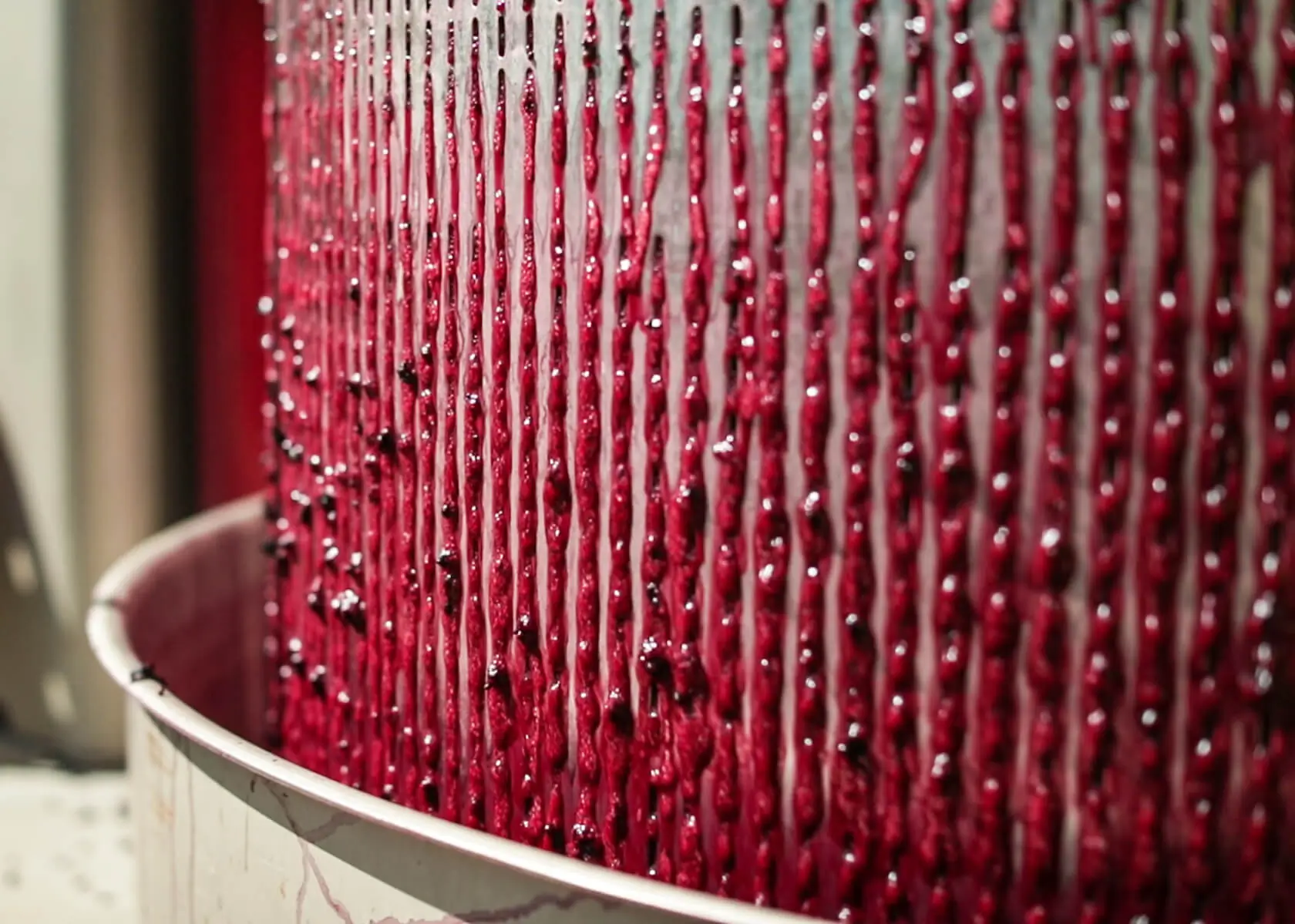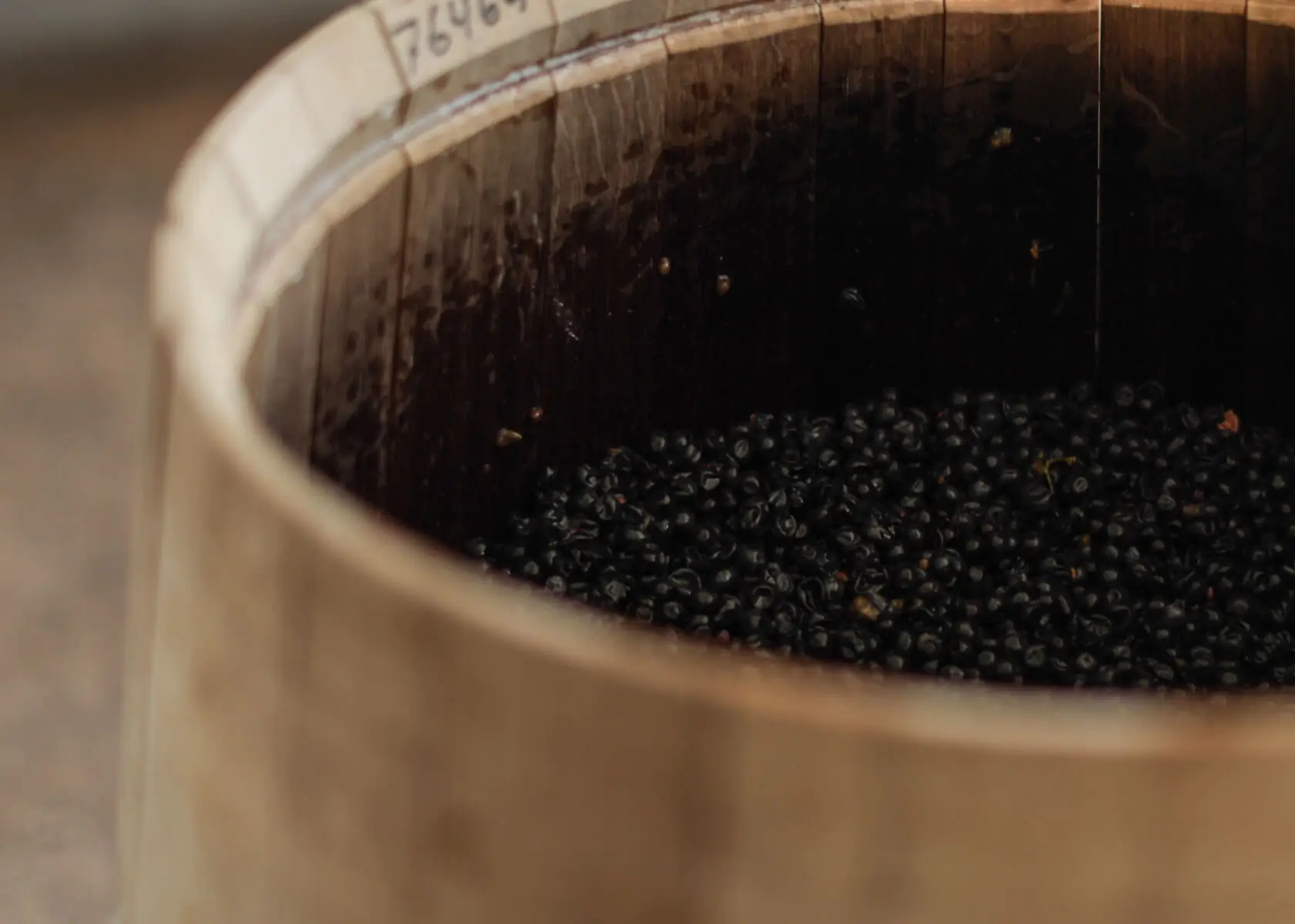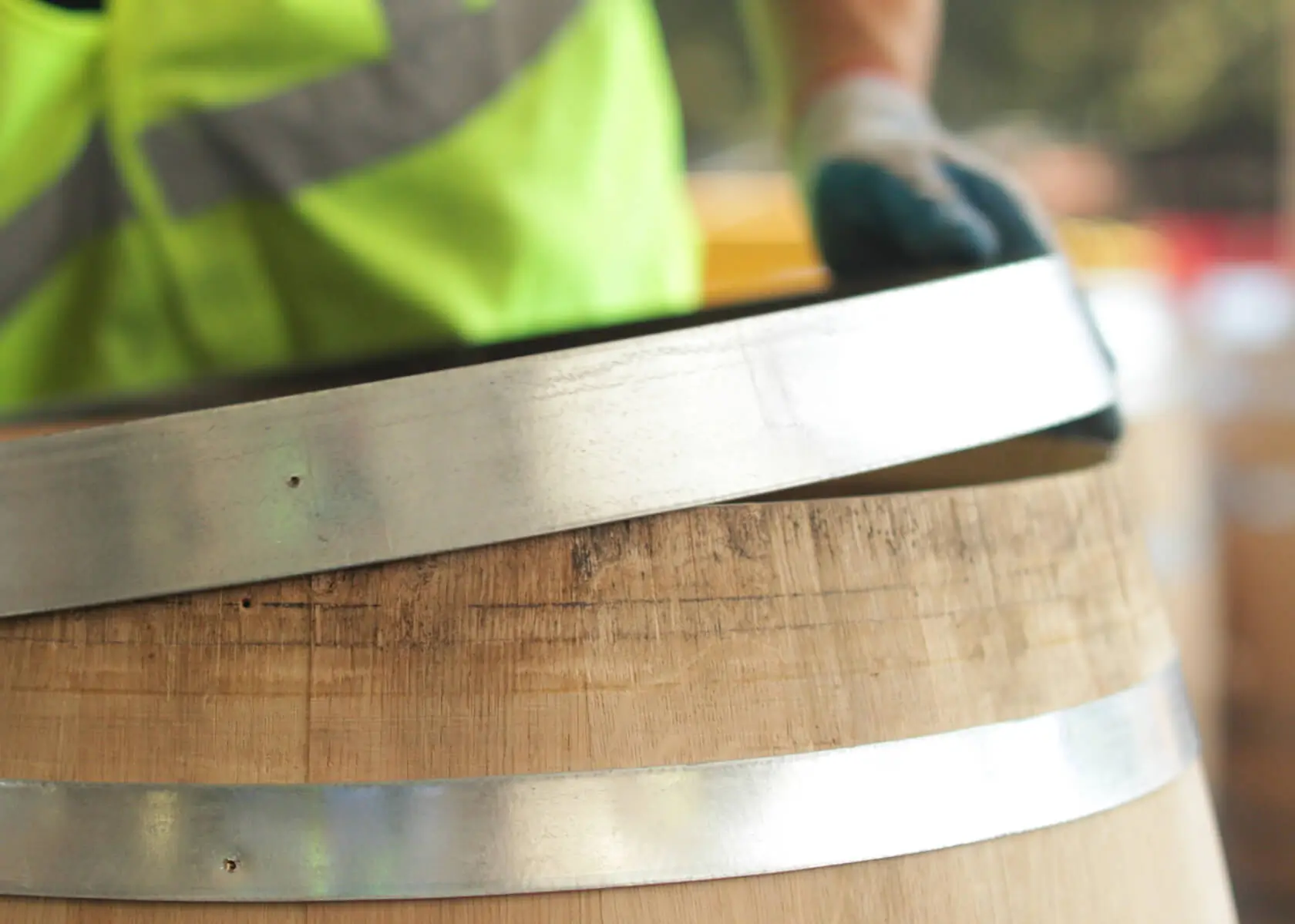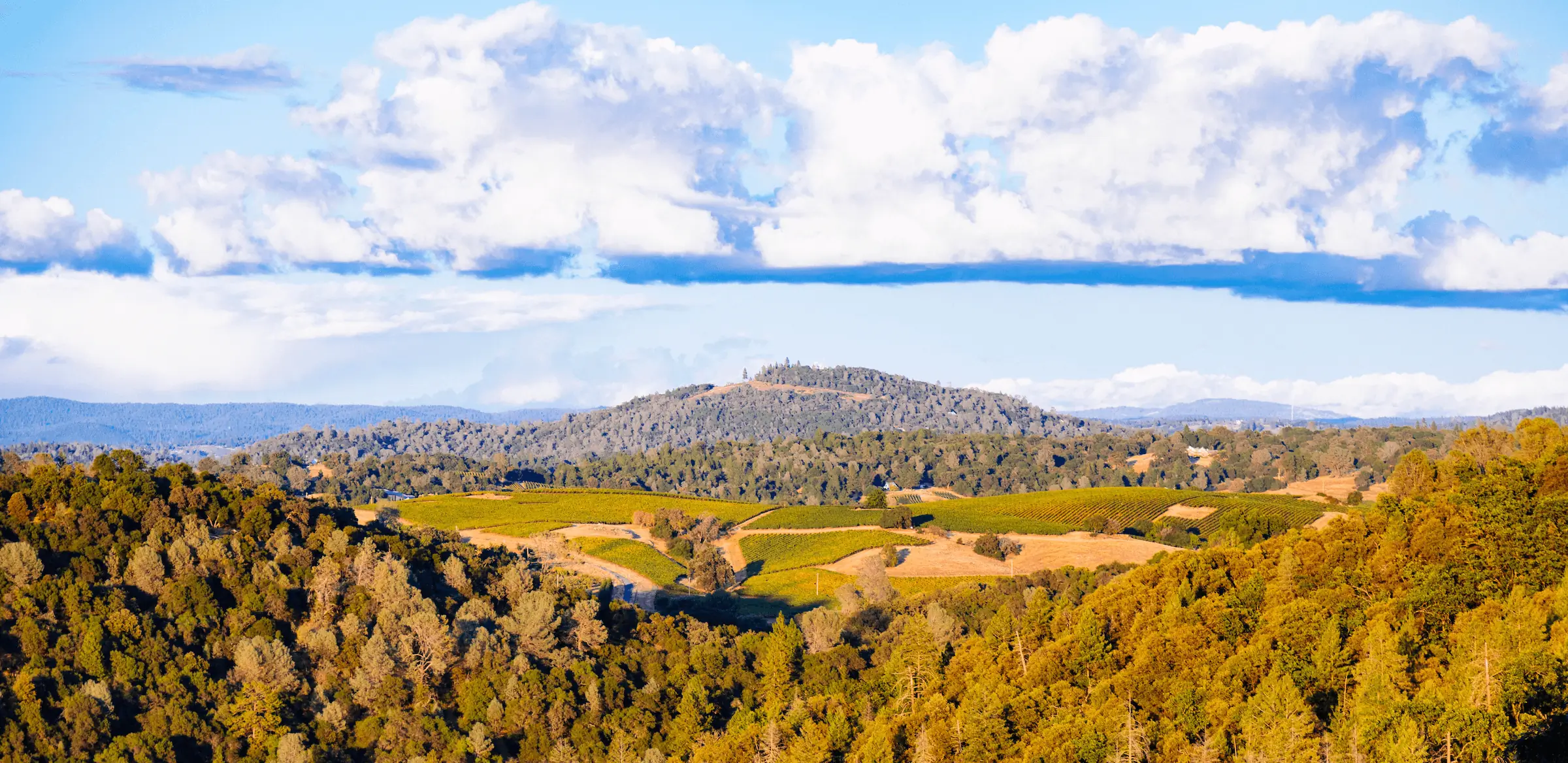
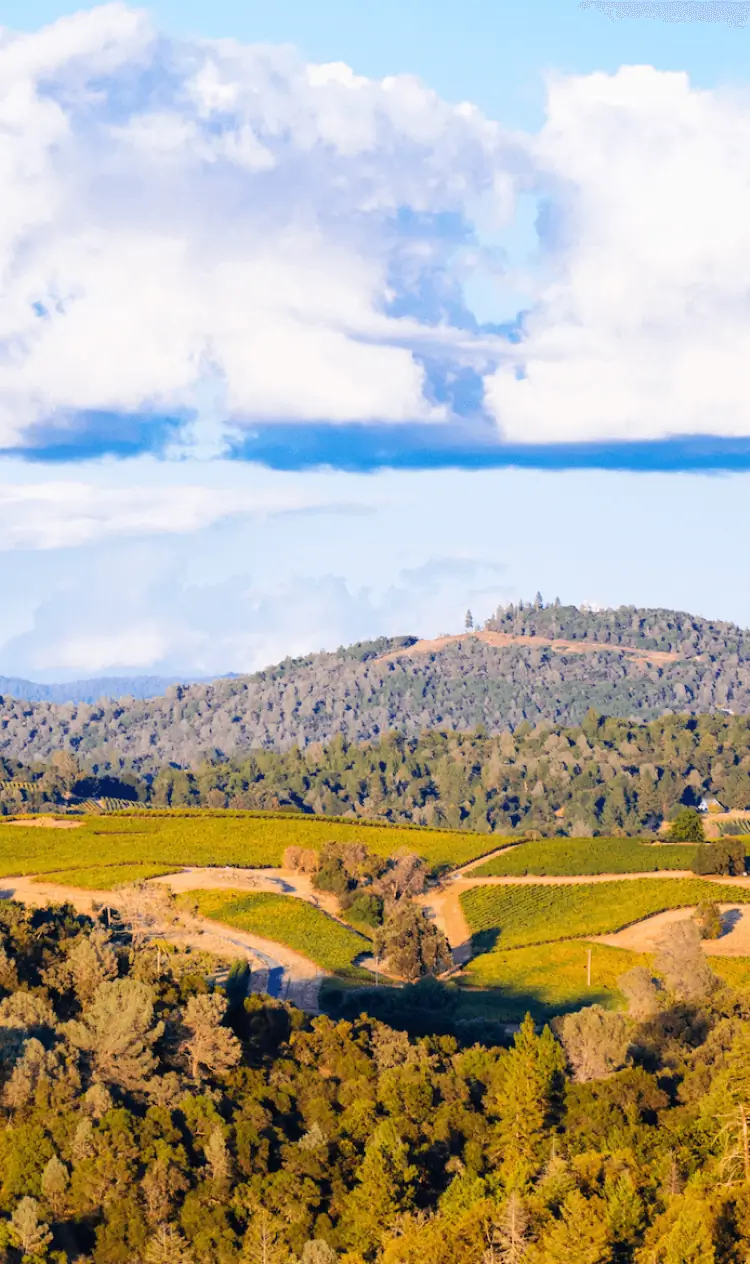
Land Is Where Our Roots Are
We value the land on which we harvest and believe that careful management of our vineyards is crucial to crafting wines of the highest quality and character.
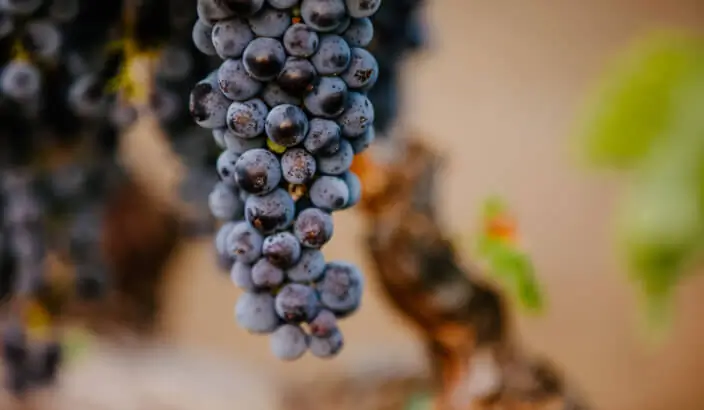
We have spent years identifying and planting sites with the soils, microclimates and topography that maintain the unique expression of our wines.
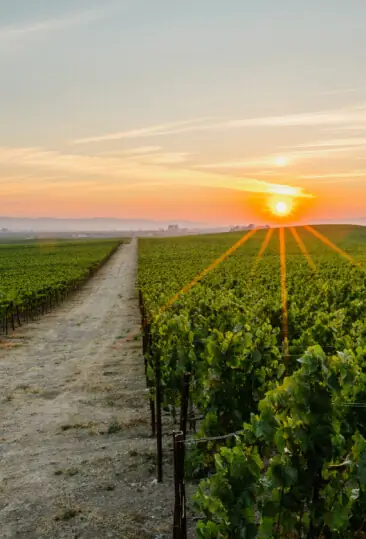
Each vineyard block is managed with an attention to detail that encompasses technologies like NDVI (Normalized Difference Vegetation Index) aerial photos as well as good, old-fashioned feet on the ground. This approach to micro-farming informs all of our vineyard planning and practices, enabling us to choose varietal, rootstock, and clone–as well as make decisions about pruning, canopy management, irrigation and harvest–on a vine-by-vine basis.
Our Vineyards
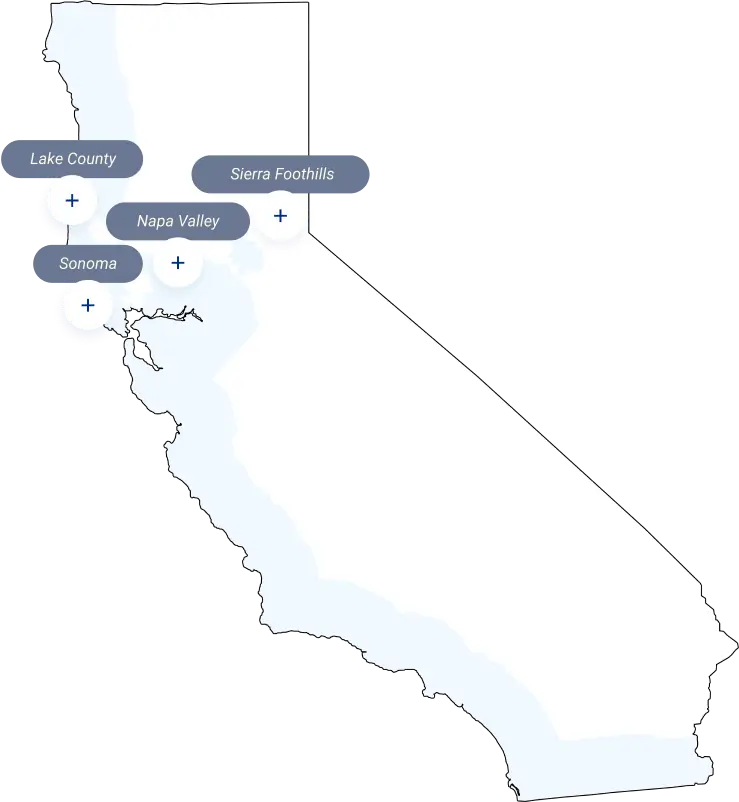
Many different locations, one earth-conscious approach to making wine
Winemaking
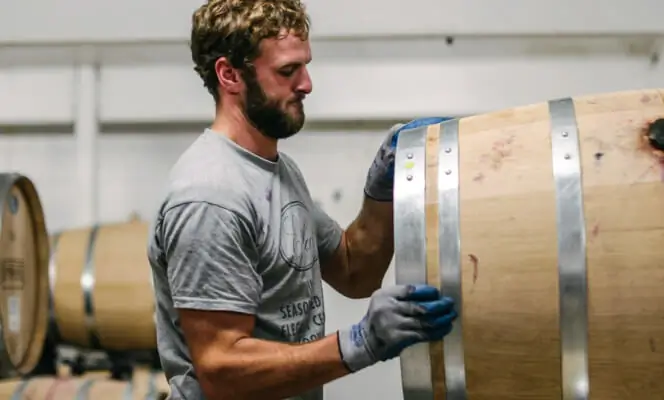
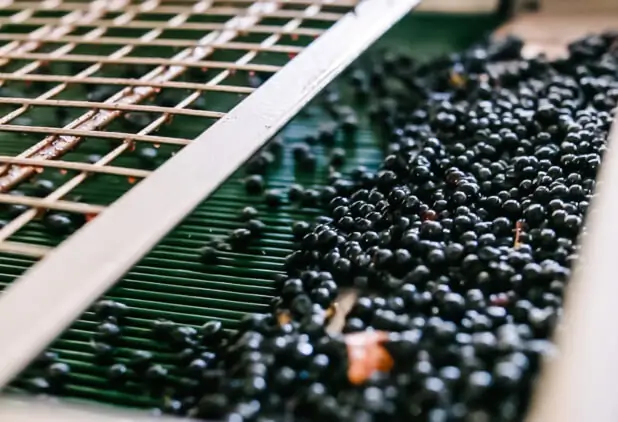
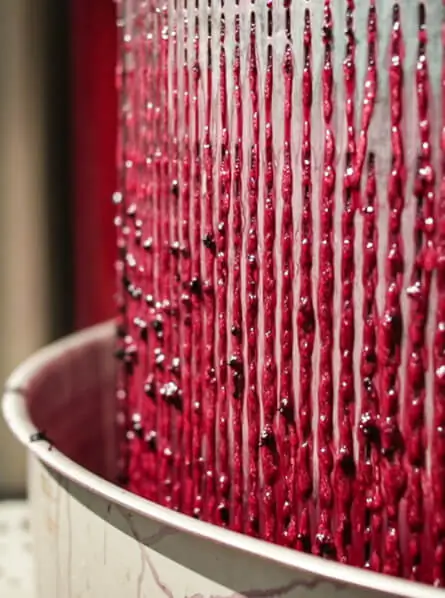
The Rombauer philosophy hasn’t changed since our founding in 1980: We believe in doing everything in our power to produce the best wines possible.
With just three head winemakers in our over-40-year history, we’ve achieved consistency of style — distinctive, fruit-driven wines — while continually refining and improving our winemaking practices. Richie Allen, our Senior Director of Winemaking, embraces traditional and cutting-edge practices in the vineyard and cellar to make certain each wine gets the customized attention it needs. For reserve red wines, barrel fermentation is used to produce a more textured palate and silky tannins, and up to 25 types of French oak barrels are used for fermentation and/or aging.
Along with Richie, Winemaker Luke Clayton, Winemaker Andrew Holloway, and Assistant Winemaker Joe Coughlin round out our winemaking team. Three of the four winemakers started out as harvest interns at Rombauer, working their way up to their current roles. Together, they have a combined experience of more than 50 years producing Rombauer wines. Guided by their passion and expertise, Rombauer spares no effort or expense to produce the finest wines each vintage offers.
Experience the fruits of our labor first-hand, by visiting our tasting rooms in the heart of Napa Valley and Sierra Foothills.
See Our Experiences
Let's open a bottle
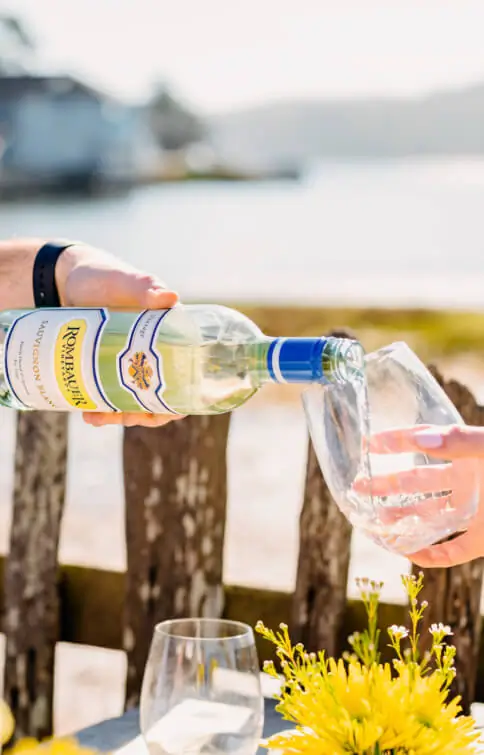
Let's open a bottle
From Sauvignon Blanc to Cabernet Sauvignon with options in between, we make wines you will love to drink and to share.
Find Your Favorite
